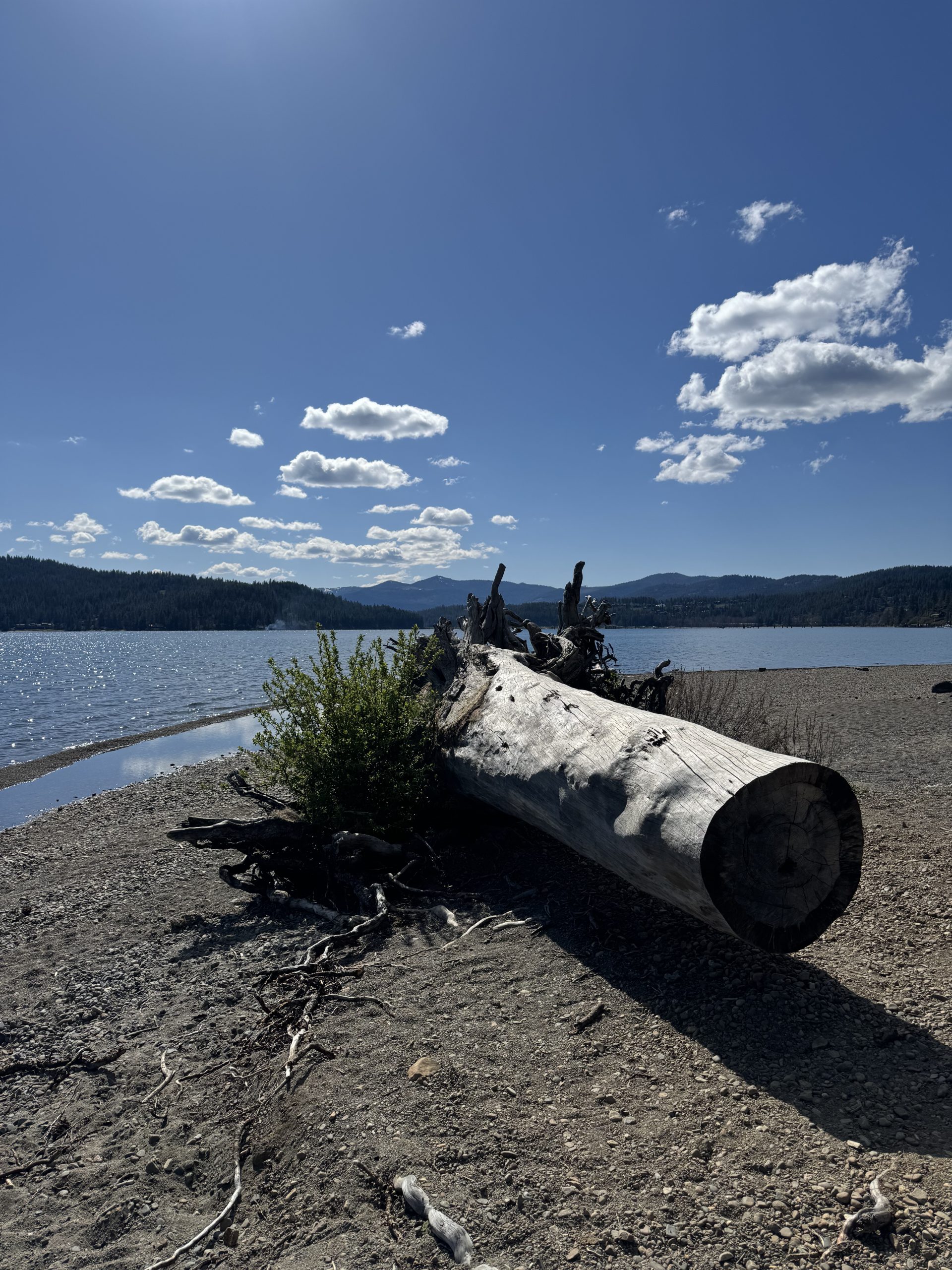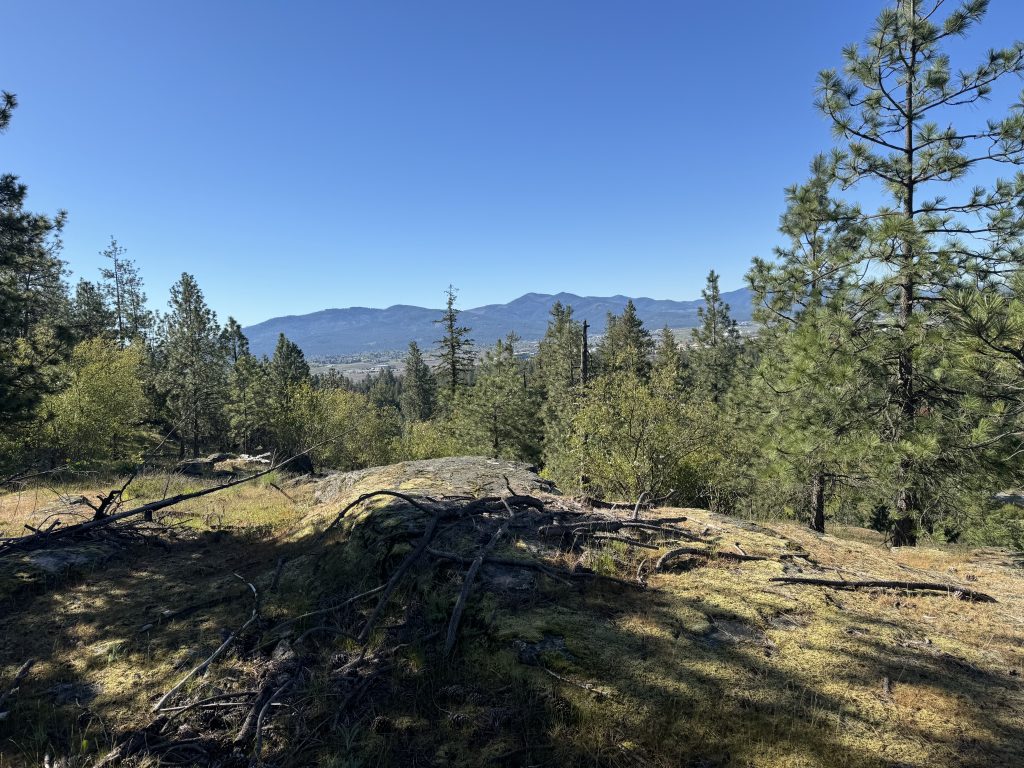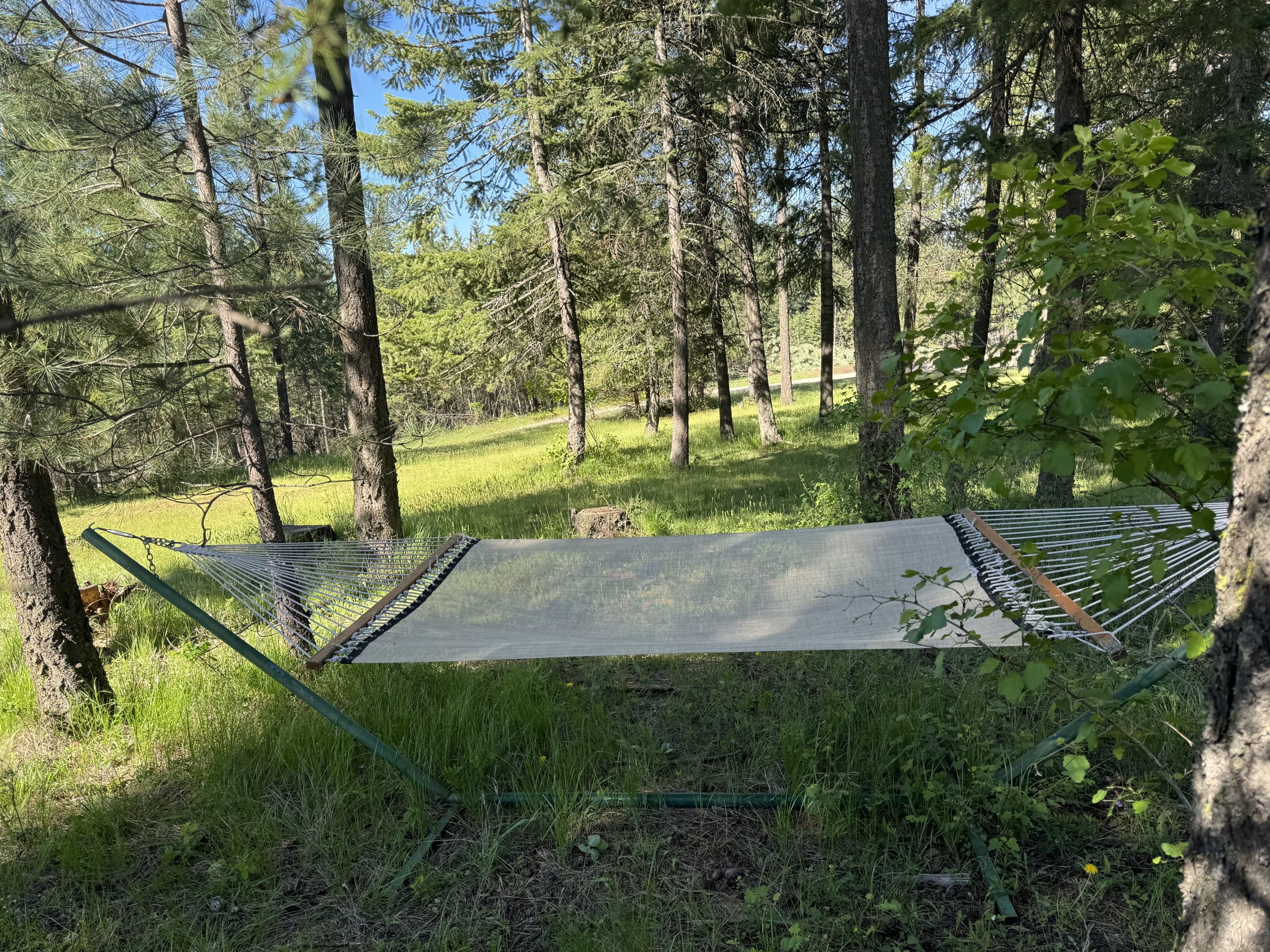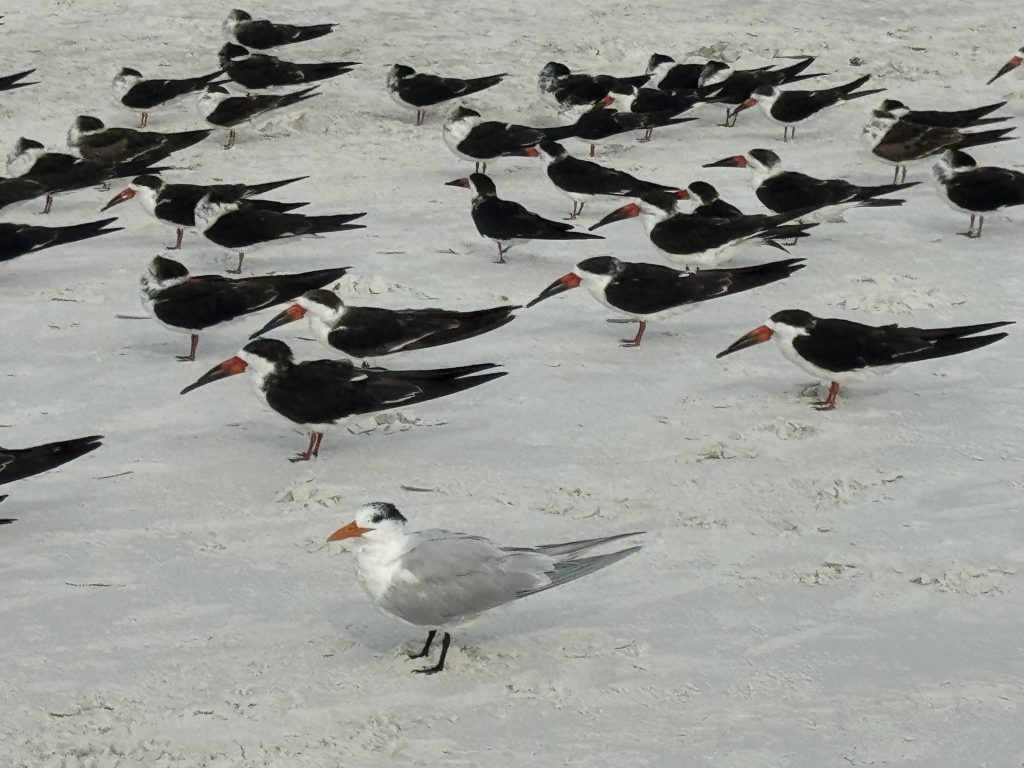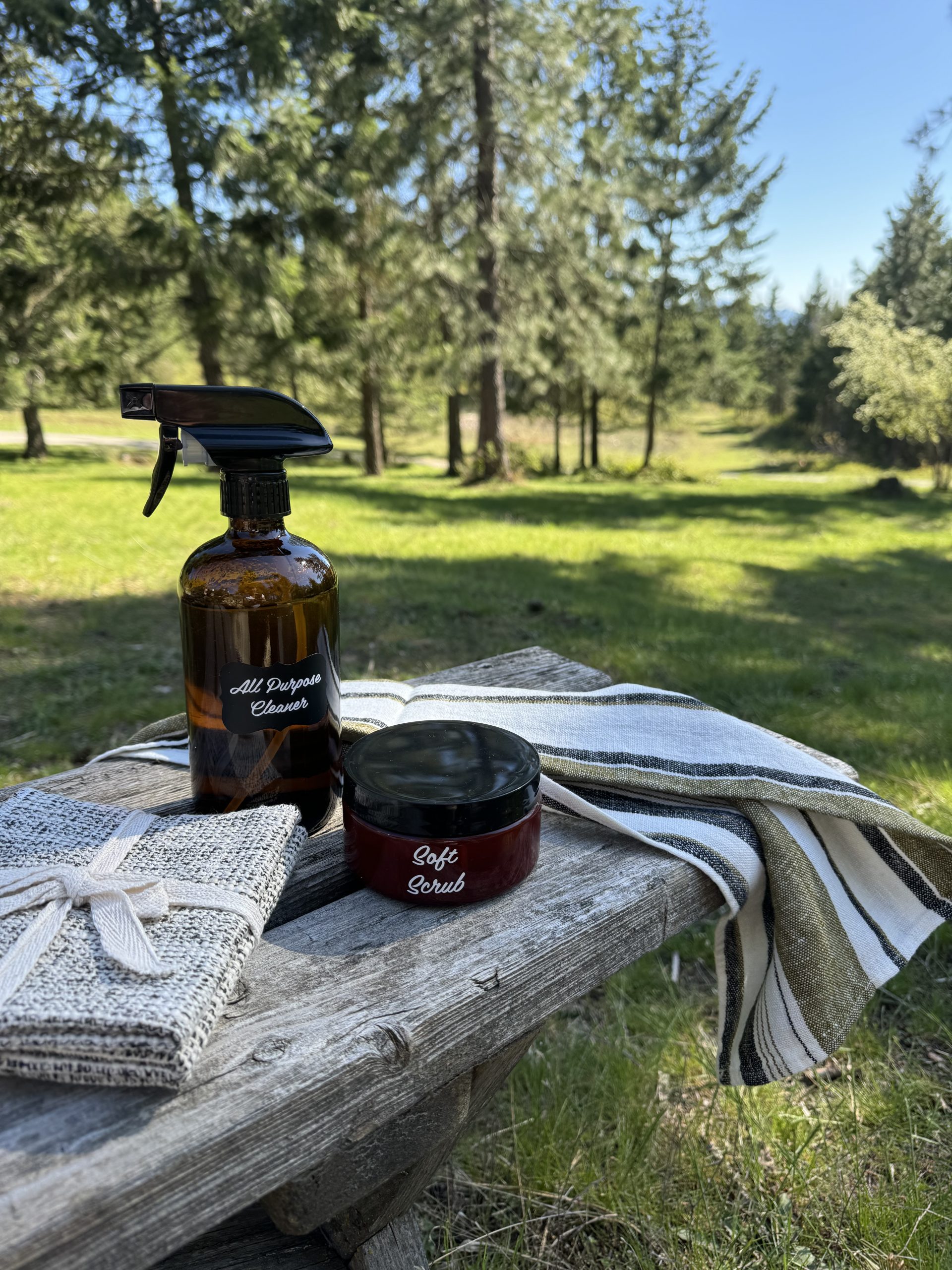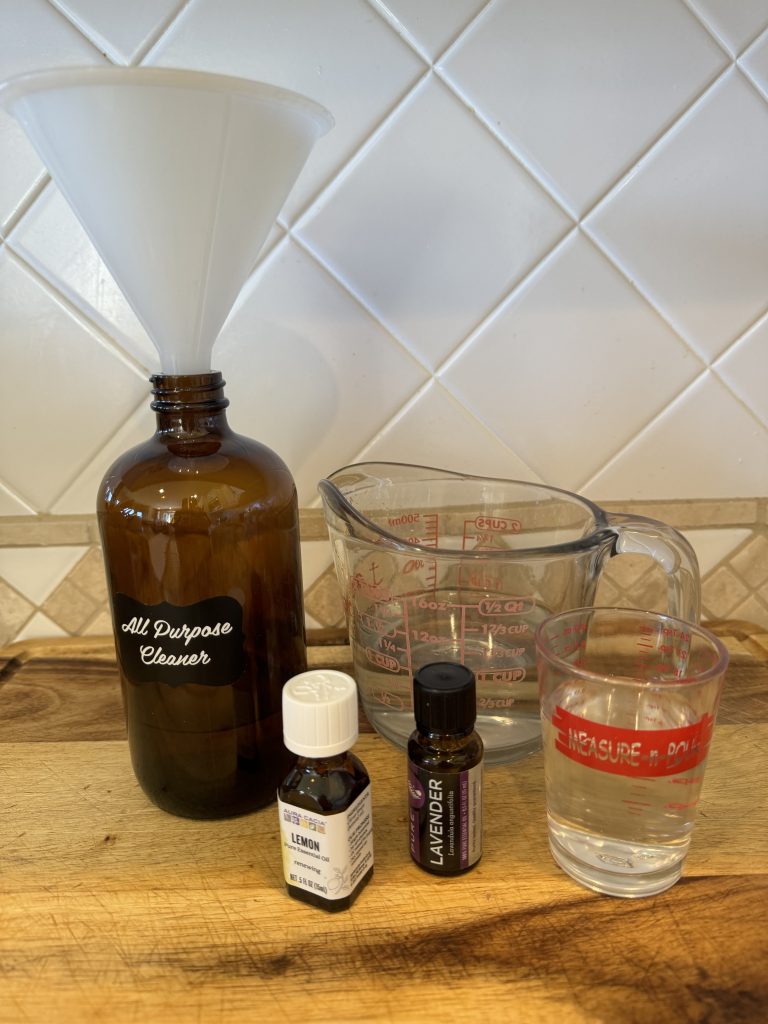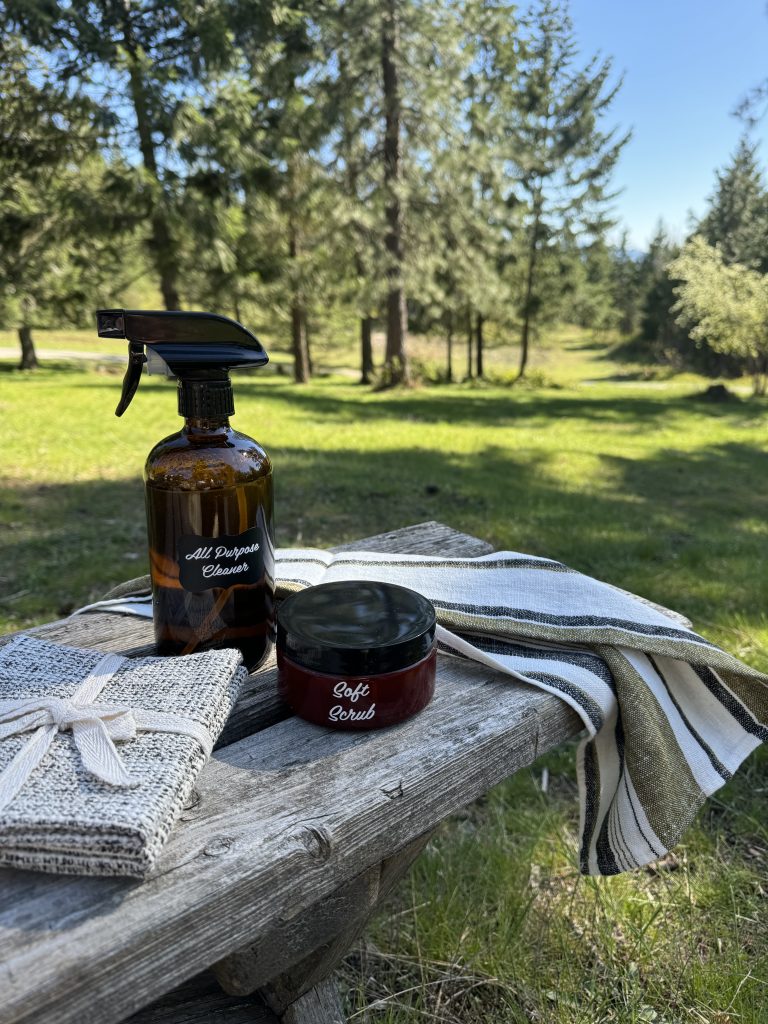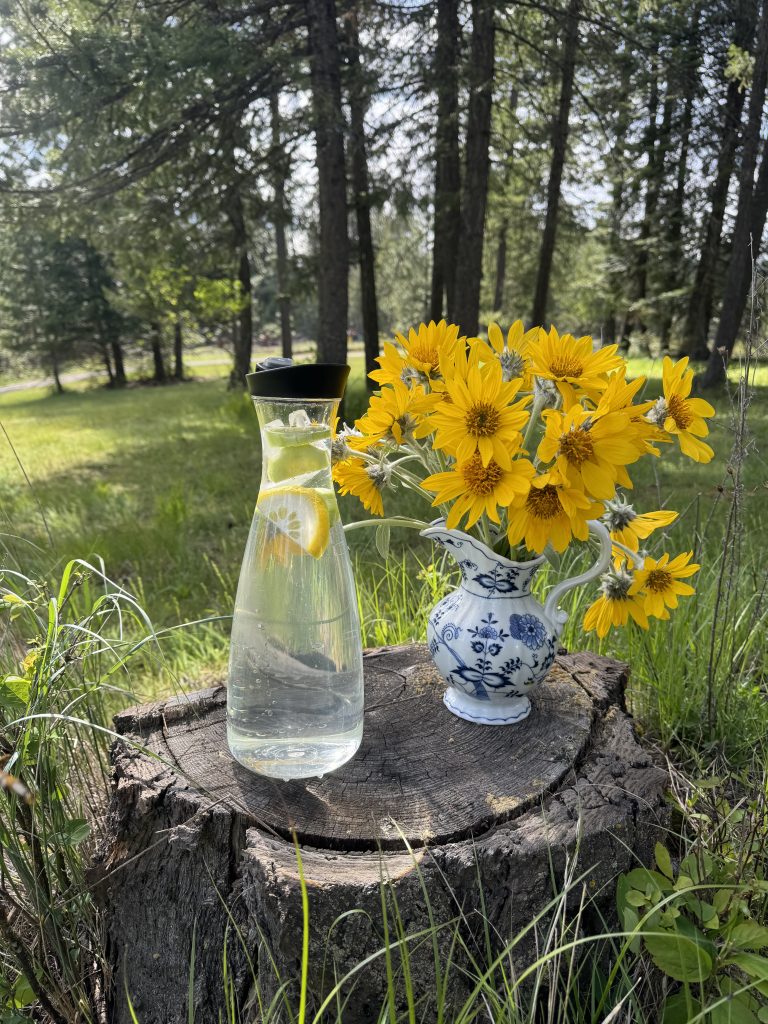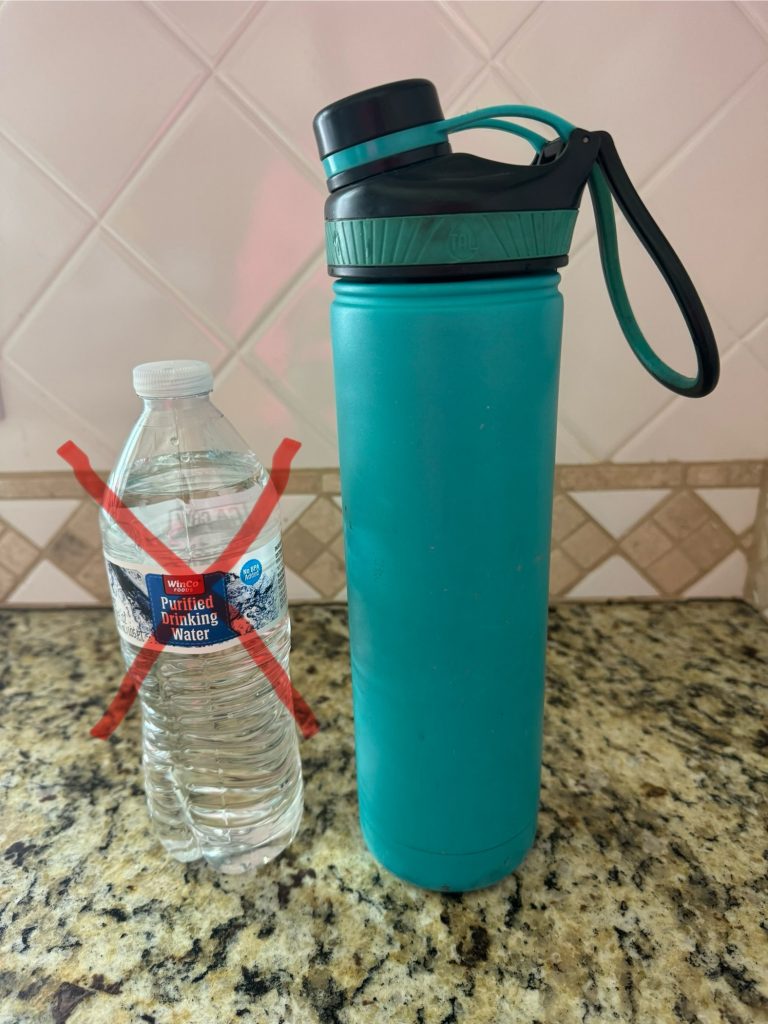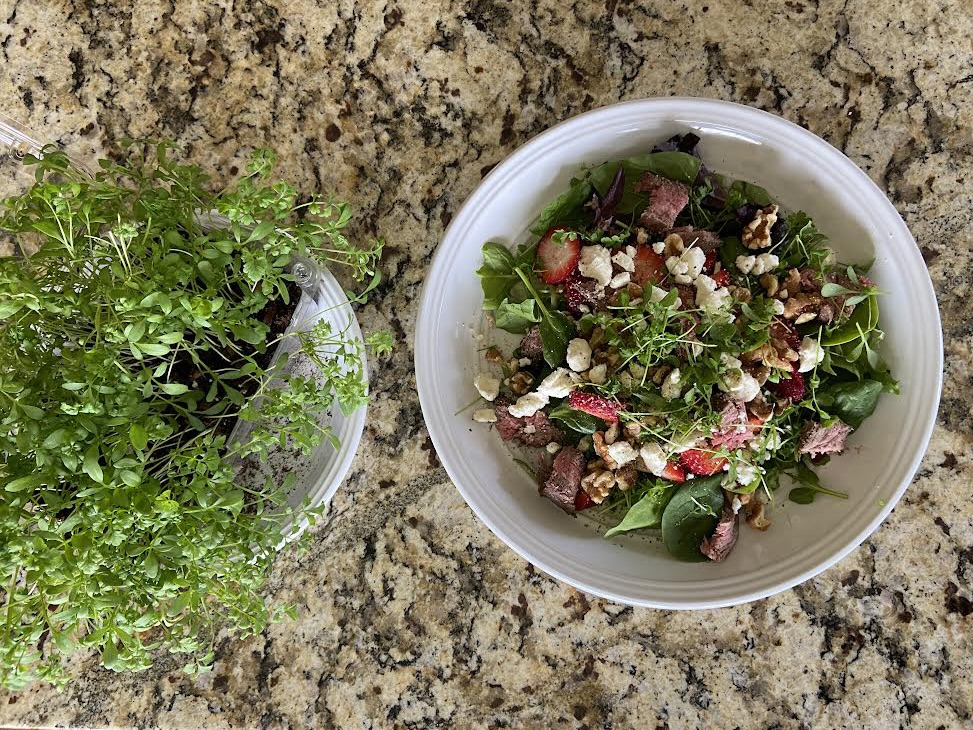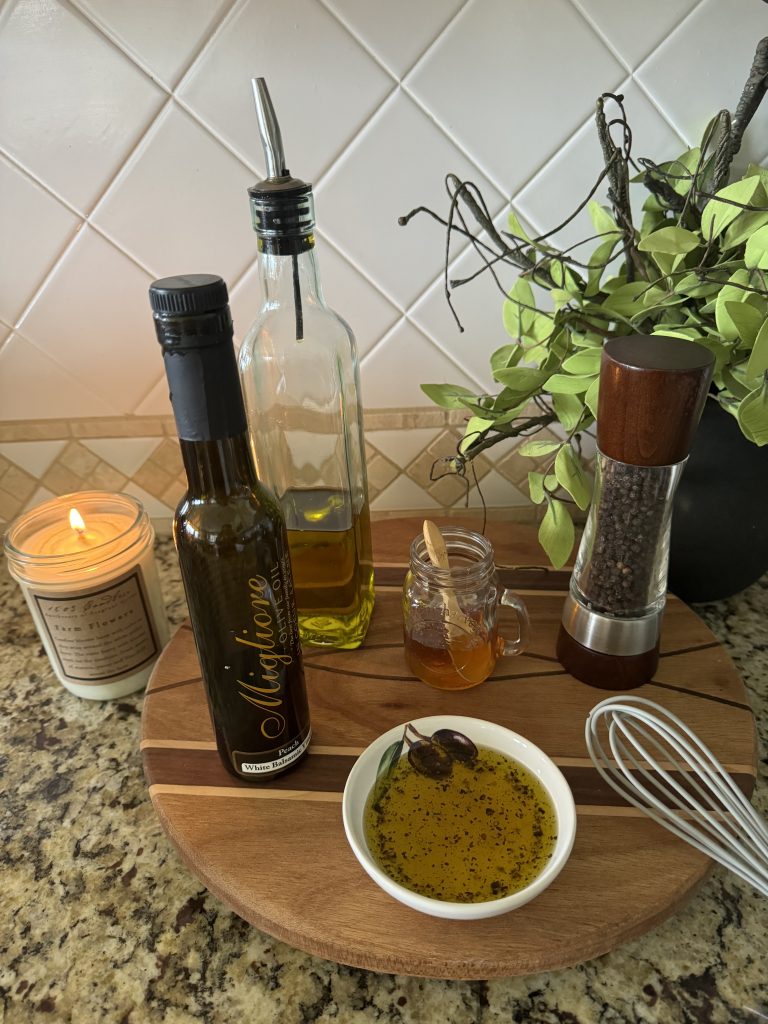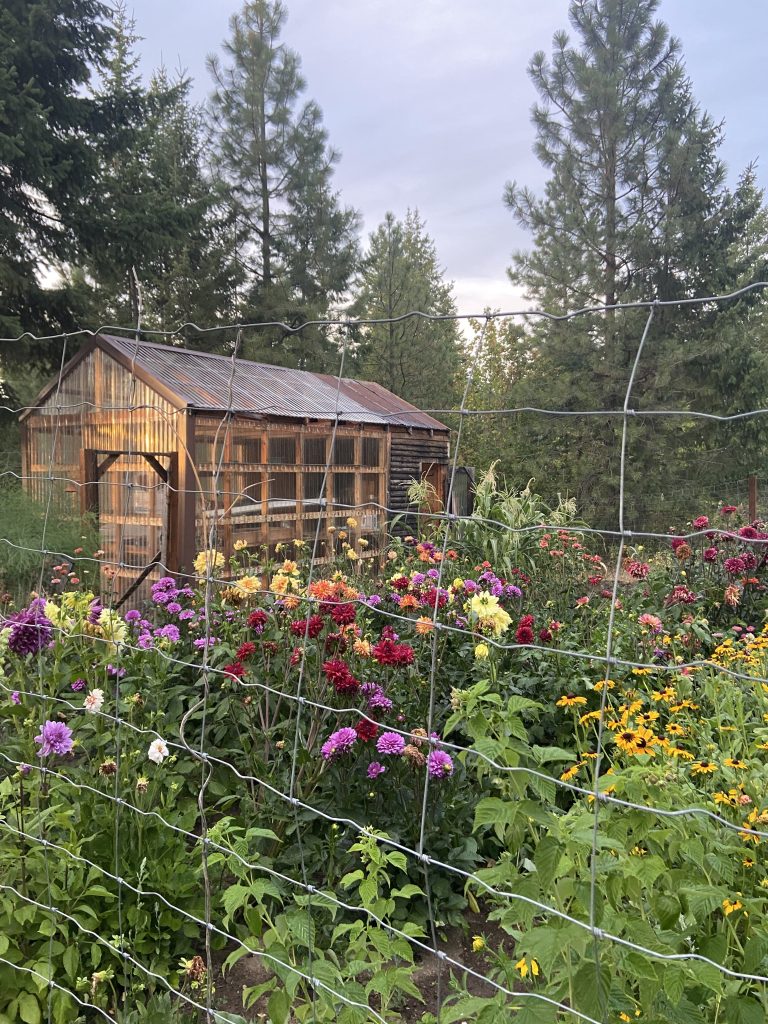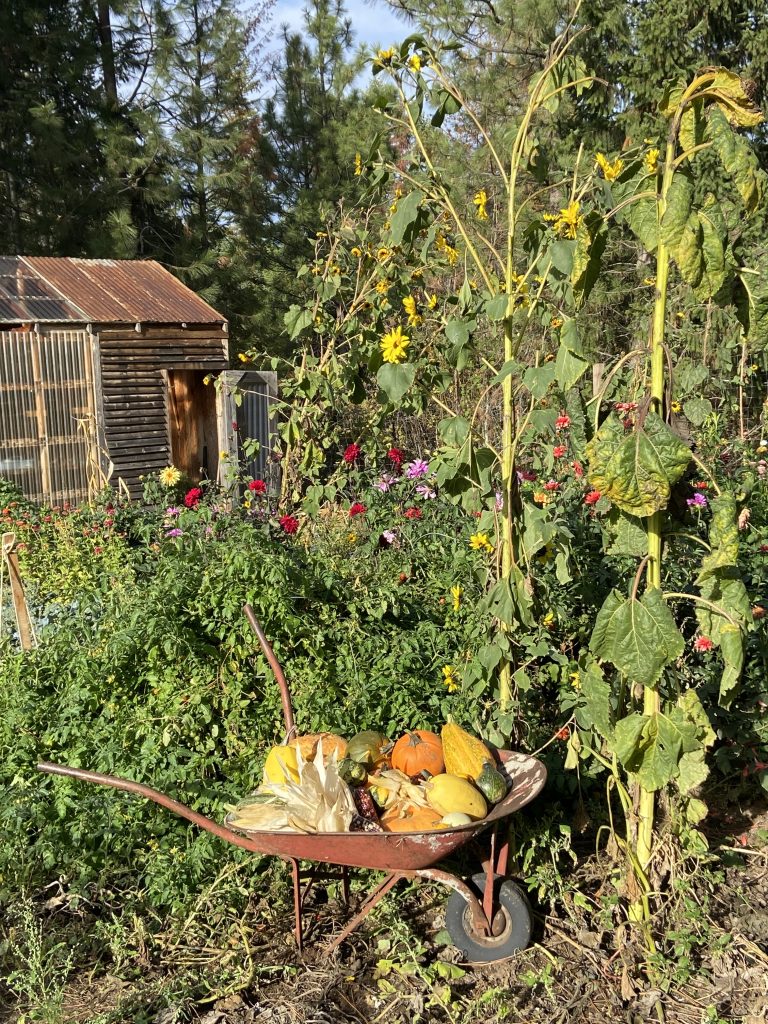A weekend at summer camp? Heck yea! Years ago, when I was in nursing school, we had to do a pediatric rotation. One of the options for that rotation was to spend a weekend at a summer camp for children with special needs. Sounded like a pretty easy way to get some clinical hours to me. So, one sunny summer morning, armed with our heavy pediatric textbooks, pens, note pads and student nurse name tags, several of us headed up into the hills above Portland, Oregon for a weekend at camp.
We were assigned to work with the camp nurse. I pictured a rough looking, heavyset, grouchy old Nurse Ratched. Instead, we were met by a willowy, gentle, self-possessed, bohemian woman. Her office was in one of the small log cabins where she was staying for the summer. It was filled with plants, herbal teas and tinctures. She was real, raw, organic and living closer to the bone. We were quite sure she was the first medicine woman… and we adored her.
Organic: “Relating to or derived from living matter…denoting compounds containing carbon… a relation between elements of something such that they fit together harmoniously.”
Oxford Languages
Another course I was required to take in college was “Chemical Compounds.” The one thing I walked away with from that course, other than a lousy C+, was that every living thing contains carbon in some form. So, it is no wonder that being out in nature, walking among living, growing things, is good for us. It is living closer to the bone, and it is healing. The same goes for the foods we put into our body. All real food (aka – food that grew from the ground) contains carbon and those are the foods that our bodies need in order to feel good, be strong, heal and build healthy bones. The very framework of our bodies.
How did we step so far away from the bone?
Over time, technology and modern conveniences have pushed us farther and farther away from living a real life… closer to the bone. Whereas daily activity and being outdoors, cooking healthy meals with fresh food and spending time nurturing our connection with friends and family used to be a natural part of daily life, now we have to intentionally include it. We have slowly decreased or even extracted these things from our lives and now we are desperately trying to find ways to replace them. The problem is that the replacements end up being much less satisfying and healthy than the real deal. Let’s take a closer look at these.
Real movement.
Technology has made it much easier to be sedentary. We can experience the world through the click of our computer keys, and we don’t even have to walk out the door. When we do go out, we jump directly into the car. We circle the parking lot searching for the closest parking space, then we turn around and buy an expensive piece of work-out equipment to get more exercise. Has anyone besides us dished out money for an overpriced treadmill that was used a few months and then morphed into a dust catching clothes hanger?
In several countries, such as Italy, movement is a natural part of their day. They walk and ride bikes to get places. They don’t pigeonhole movement into a 30-minute workout. We have done everything we can to decrease movement in our lives and then we turn around and pay for a gym membership to bring it back. I don’t have anything against a gym membership. It is an excellent way to get exercise if you are committed to it. However, nature’s gym provides more overall benefits to our physical and mental health. Being outside also helps reduce stress, elevates your mood and provides an overall sense of well-being. Cleaning and gardening result in bending and stretching with the added benefit of accomplishing something constructive.
“Exercise within the green spaces and the great outdoors may be a useful natural medicine.”
Environmental Science & Technology

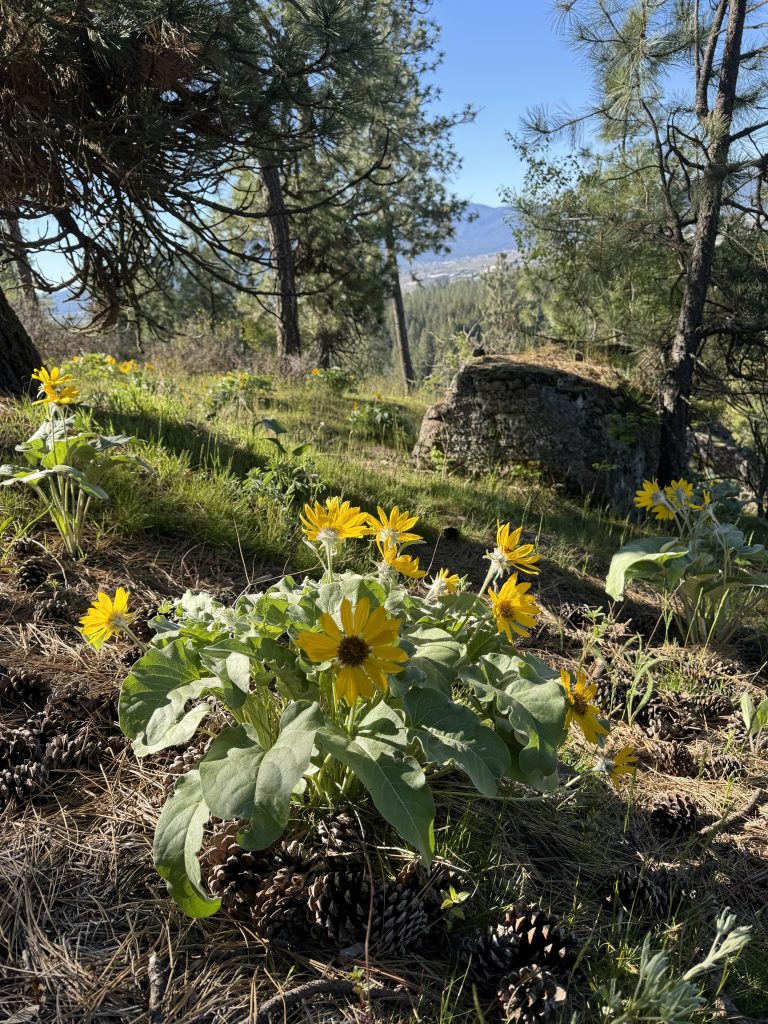
Real food.
We live in a country where we are constantly searching out, and paying out, for the latest and greatest vitamins, probiotics, collagen supplements, protein powders, and anti-aging supplements. Other countries, like those in the Blue Zones, rely on eating a well-rounded, fresh diet to get their nutrients. They get their supplements naturally in the foods they eat. They don’t waste money and energy seeking out the latest product to supplement a diet lacking in them.
We take all of the vitamins and minerals out of foods through processing them and then we try to replace them by taking a pill. Does anyone else see the irony in that? I remember being mesmerized by the futuristic cartoon, The Jetsons, as a kid. I distinctly recall one episode where, instead of having a meal, they just took a pill. Are we headed in that direction? Instead, let’s eat more carbon!
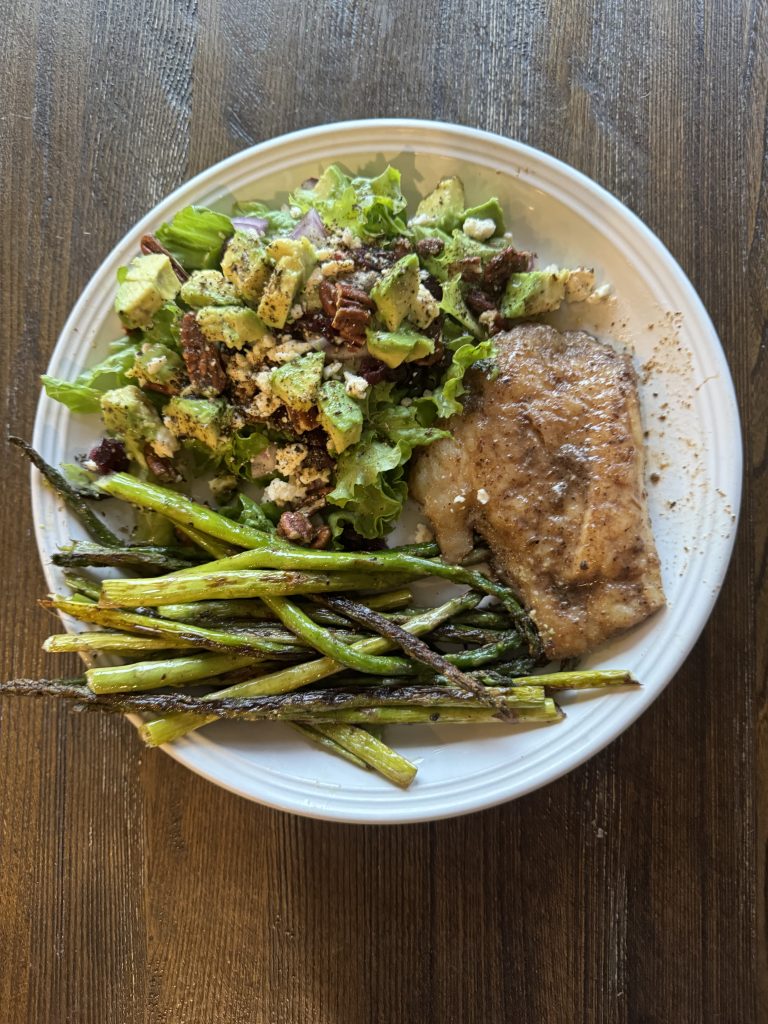
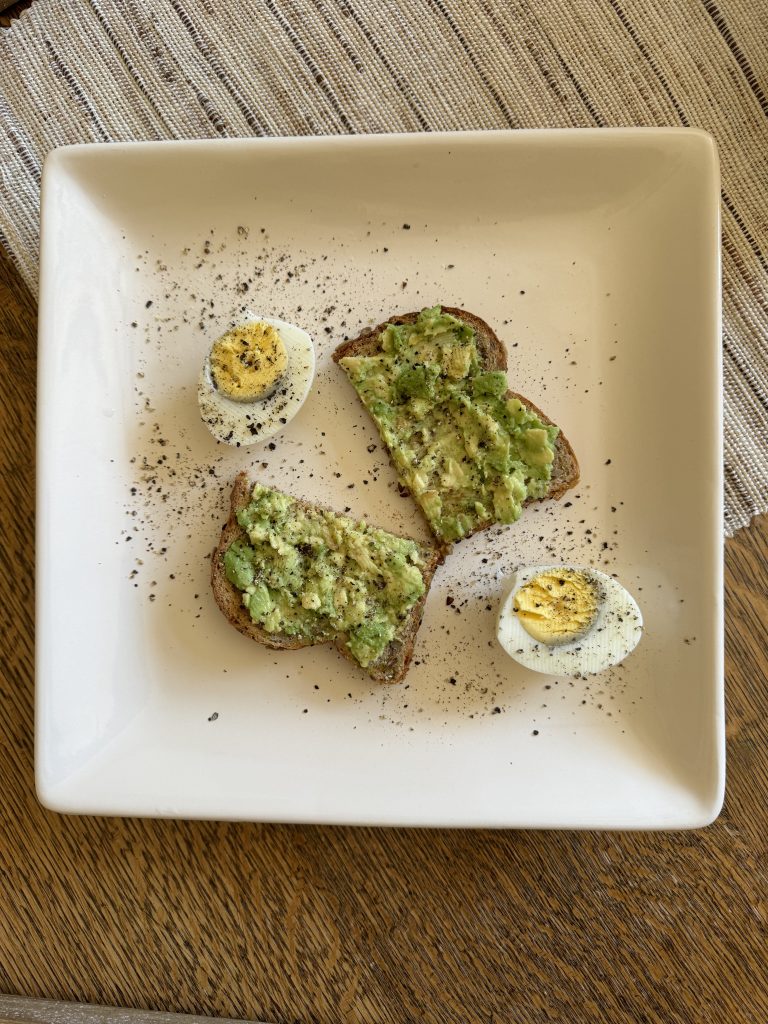
Real connection.
We have all seen families or couples at a restaurant that are glued to their phones, ignoring the very people that they came to share time with. As a society, we are sorely lacking in meaningful relationships. We are more connected than ever before in history, but less emotionally satisfied. Social media has made superficial connections easier and safer. We don’t have to let people see past the facade that we choose to share. But sharing our innermost fears and failures is necessary to release them. Otherwise, we get all clogged up.
The camp nurse had a heart for the kids with disabilities. Her gentle manner calmed even the most severe autistic children. She took the time and effort to connect with them in a very genuine way. She established a relationship of trust with them. It takes time and effort to develop and nurture relationships with people you can trust and be your real self with. But this is the stuff that connections are made of. And this, is what we are sadly lacking enough of in a world of superficial friends and a reliance on social media to compensate.
“Real isn’t how you are made,’ said the Skin Horse. ‘It’s a thing that happens to you. When a child loves you for a long, long time, not just to play with, but REALLY loves you, then you become Real.”
The Velveteen Rabbit

Conclusion
I love a lazy morning sipping coffee and scrolling through Pinterest, reading my favorite blogs or getting ideas from some fabulous IG content creators. But I can easily fall down the rabbit hole and before I know it, three hours have passed and the only movement I got was to refill my coffee. Perhaps we need to take a step back and determine how progress has benefitted us and how it has harmed us. We have gotten off balance and we need to take action to mitigate the damage. Perhaps it is time we seek out a real, more authentic lifestyle where we are living closer to the bone. Closer to the very marrow that gives life to our body.

